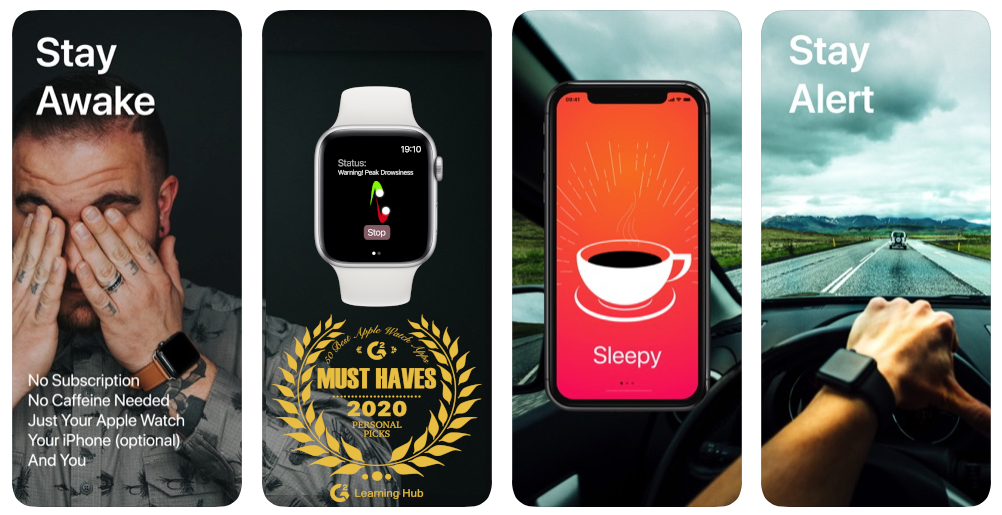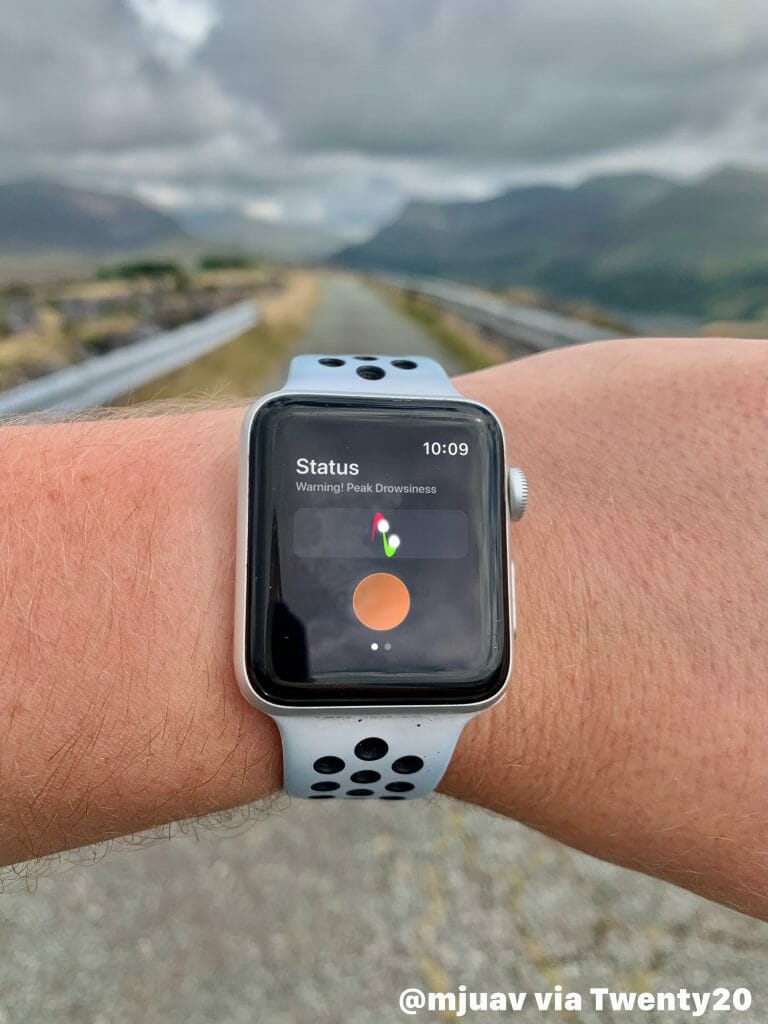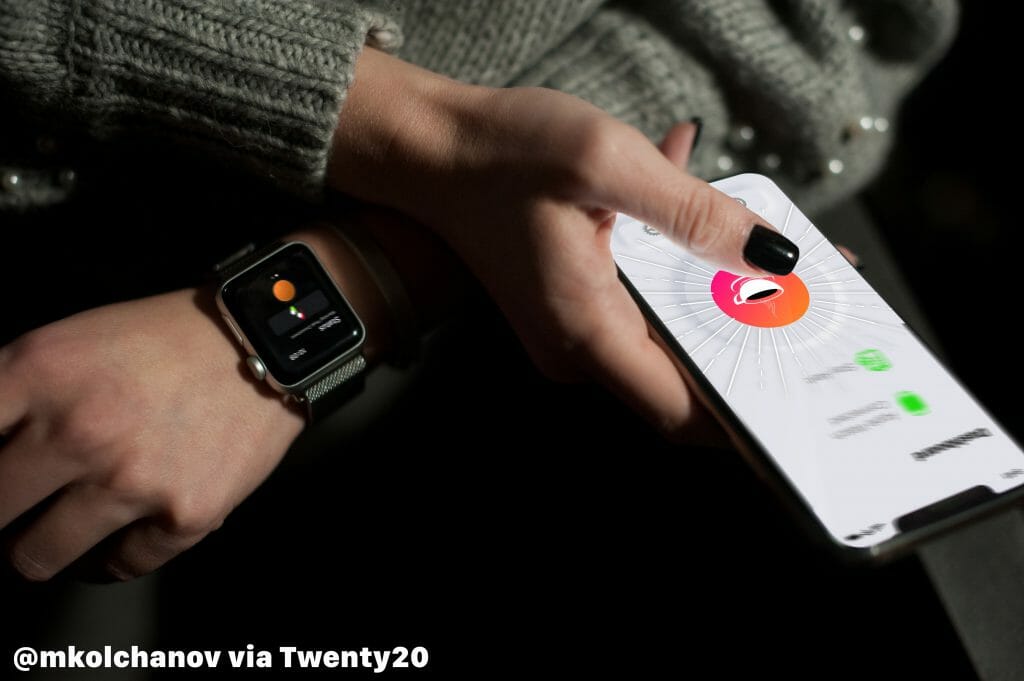How to Get Going
Researchers have known for a long time that daytime tiredness reduces your work efficiency and accuracy and may be either an indicator or cause of other health issues.
Or How to Get Things Done
Start now, worry later
Sometimes I find it difficult to start getting things done. It is annoying, because I either know what needs to be done, or what I want to do, but just lack the enthusiasm or motivation to do it.
Then there’s the times when I get things going but seem to run out of steam. It seems to take ever increasing amounts of effort just to carry on. It feels like my batteries are running on low and nothing I tried seemed to make any difference.
Eventually I found a link between my daytime sleepiness and the amount of work that I could get done. Slowly but surely, by addressing the factors that were causing me to be tired I was able to turn things around and reduce the amount of times when I just couldn’t get started.
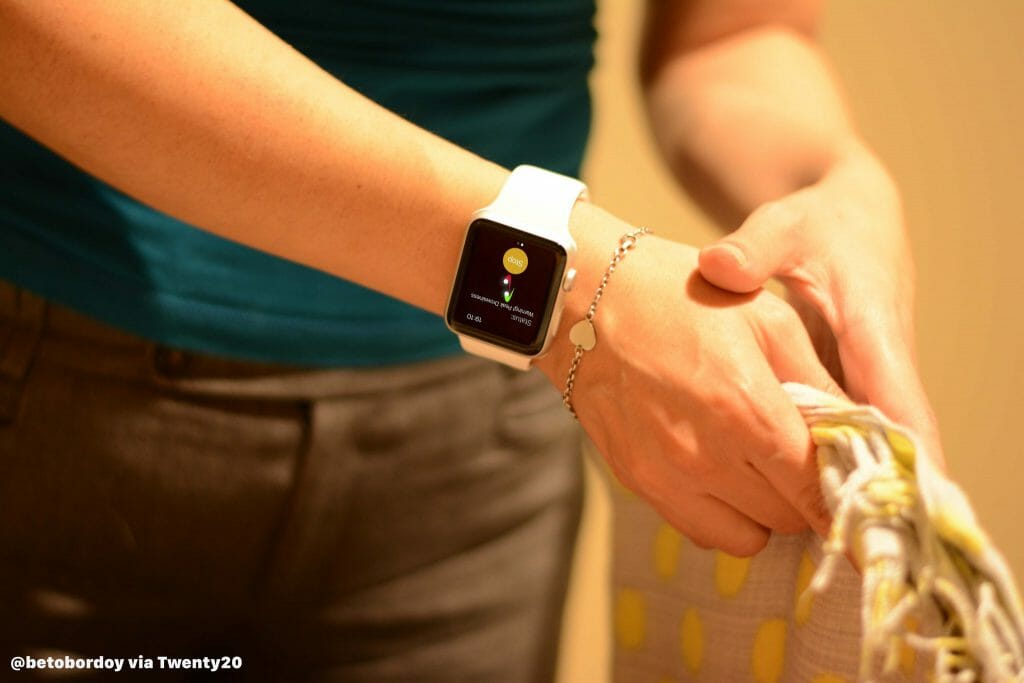
The Struggle
If you’re anything like me or experienced finding it difficult to get started then you know how frustrating it can be, whether it’s a task that you don’t look forward to or something that you need to get done, but just don’t know how to start.
The more you ponder on it the harder it becomes to get it done. Your mind can be caught in a loop of thinking about starting, not knowing where to start, then choosing to start and then wondering if you’ve started in the right place or not. Followed by stopping and then starting again, and so it continues.
Do this a couple of times and then just the thought of having to think about starting starts to make you feel drained and unmotivated to continue, which of course is not going to help you finish what you haven’t fully started.
It’s at these moments that I find myself yawning and feeling tired and wanting to go to sleep. But, here’s the thing; are you feeling tired because of trying to start the task or is the task hard to start because you are tired?
The Risk
When looking over my notes from the past when I’ve been at my most productive, a common factor that kept coming up was that I felt energised and it was as if I was fully charged, so much so that I found it difficult to stop and slow down. But whenever I was struggling to work I felt more tired than usual.
Researchers have known for a long time that daytime tiredness reduces your work efficiency and accuracy and may be either an indicator or cause of other health issues.
What is already known about this topic
– Excessive daytime sleepiness is a risk factor for various physical and mental disorders.
– Excessive daytime sleepiness is associated with low productivity, various traffic and industrial accidents caused by impaired attentiveness/judgement, tiredness, and low morale.Suzuki, K., Ohida, T., Kaneita, Y., Yokoyama, E., & Uchiyama, M. (2005). Daytime sleepiness, sleep habits and occupational accidents among hospital nurses. /Journal of Advanced Nursing,/ /52(4),/
– In addiction to having adverse effects on an individual’s health and social life, excessive daytime sleepiness is a critical social and economic problem.
I decided to note how I felt as well as the quality and quantity of the sleep I was getting during my work stints to see if there was any link between that and how difficult I found it to get my work started and finished.
Over time it became increasingly obvious to me that the periods where my sleep had been disturbed or cut short seemed to match up with the quality of my work and how easy I found it to get things done. In one instance I noted that my motivation was extremely low and coincided with a period where I didn’t get much sleep due to some personal issues.
The lack of good quality sleep can be linked to:
- Difficulty focussing
- Reduced motivation
- Inhibited problem solving skills
- Confusion
- Bad memory
- Irritability
- Difficulty communicating
And may increase the risk of:
- Heart attacks
- Strokes
- Depression
- Diabetes
- And obesity
Steps to Take
If you’ve been following this blog you’ll start to realise that there’s a common theme here… insure that you consistently have enough quality and quantity of sleep.
I would be as bold to state that by taking your sleep, diet and exercise seriously you will greatly improve not just your productivity but quality (and in some cases quantity of life).
And when I say seriously I don’t mean stern and hard, I mean that you prioritise those areas in your life, without getting stressed and obsessive about them. Approach everything with balance.
As a result of my study and writing for this blog, here are some of the processes that I’ve found helpful in getting me over the hump of starting to get going.
- Note the purpose of what you want to achieve
It greatly helps to know why you are doing something. By explicitly stating what you want to achieve you help give your mind focus to getting those things done. - Just Do Something
Paralysis by analysis was a common theme that was being banded around when I was at university and the best lecturers let us know that we should start the assignments as soon as we received them. Why? Well it turns out that sometimes the best way to tackle something is to just do something and see what happens. Don’t get caught up in your mind getting stuck in a loop about what, then if. The act of doing something opens up your mind to getting on with the work no matter what. Now tie this point to the one above and you’ll be doing something with purpose which in turn will help you to focus on getting things done. - Make sure you are well rested
I’ve mentioned this above and say it again, good quality sleep, not just quantity. Make sure you get enough of both. If you are close to a deadline or it’s difficult to get enough rest, remember the first two points and do something with purpose and take it from there. The best thing to do is to make sure that you get to bed on time to get enough good quality rest.
Review
I’ve found that the difficulty in getting started is usually down to me being tired or run down and not realising it. Overthinking starting is also an issue for me and that alone can drain my motivation.
What has helped me in the past and now is to:
- Explicitly state what I want to achieve
- Start anyway, and fix things that need to be fixed once I’ve got something done
- And to get as much quality rest as I can possibly get
Afterword
“That’s been one of my mantras – focus and simplicity. Simple can be harder than complex: You have to work hard to get your thinking clean to make it simple. But it’s worth it in the end because once you get there, you can move mountains.”
Steve Jobs
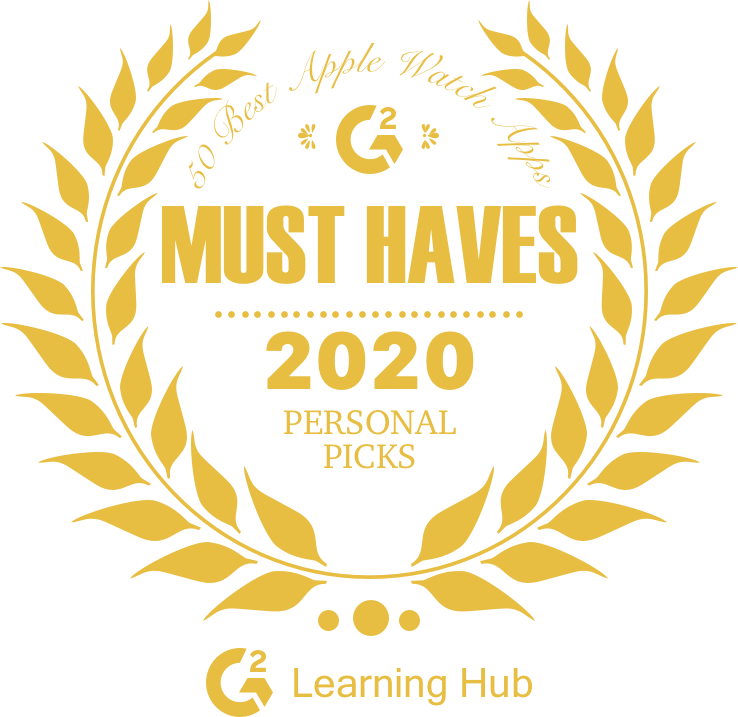
Now available on the App Store, download it now!
